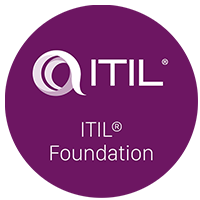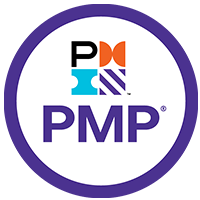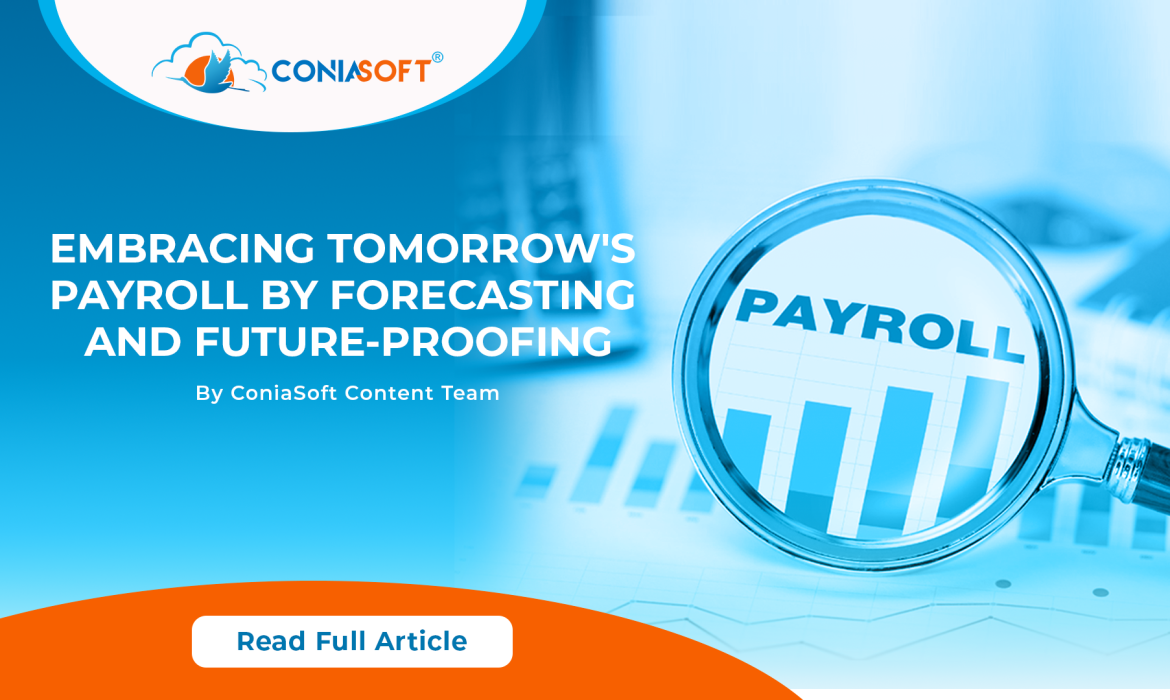For accounting, bookkeeping, and outsourced payroll businesses to remain ahead of the curve and reduce risks, forecasting and future-proofing are essential skills. Firms may confidently traverse risks and direct clients towards sustainable growth by comprehending market patterns, predicting changes, and modifying tactics. Businesses can improve their capabilities and increase the range of services they offer by incorporating technology solutions like ConiaSoft Products.
Businesses must employ forecasting and future-proofing techniques to foresee and respond to changes in their operational environment. The goal of forecasting is to lessen uncertainty and facilitate proactive planning by making predictions about future events based on historical data, present trends, and pertinent factors. On the other hand, future-proofing entails adopting strategies and measures to get businesses ready for anticipated changes in the future, identifying potential disruptions, assessing their impact, and putting proactive measures in place to reduce risks and take advantage of opportunities, ensuring resilience and long-term viability.
In an unstable economy, forecasting is a critical tool for organisations to foresee future scenarios, make educated decisions, and modify plans. It places firms in a position for growth prospects by assisting in the identification of market trends, consumer behaviour changes, and technical advancements. Forecasting plays a crucial role in uncertain economic times by offering insights into market dynamics, consumer behaviour, and industry trends. Businesses may stay adaptable and prepare for the effects of a recession by future-proofing their operations by adjusting their products, services, and processes as necessary. Businesses that are ready for and adept at navigating economic crises are seen as stable, dependable, and confident, which attracts customers and fosters confidence. Offering advice based on precise financial projections supports advisory services, builds client trust, and positions firms as reliable partners to assist customers in navigating obstacles, managing risks, and achieving company goals.
For accountants, bookkeepers, and providers of outsourced payroll to maintain a competitive advantage and provide great services to clients, forecasting and future-proofing are crucial. Forecasting enables businesses to foresee financial patterns, predict revenues and costs, and evaluate the effects of various variables on their clients’ financial well-being. Keeping up with market developments, governmental changes, and technology advancements is made easier by future-proofing. Accountants can produce quicker, more accurate financial reporting, do away with human errors, and give customers real-time insights by embracing digital transformation and utilising automation, cloud-based software, and artificial intelligence. Their competitive edge is strengthened by providing value-added services beyond the usual accounting and payroll duties.
For accountants, bookkeepers, and providers of outsourced payroll to maintain a competitive advantage and provide great services to clients, forecasting and future-proofing are crucial. Forecasting enables businesses to foresee financial patterns, predict revenues and costs, and evaluate the effects of various variables on their clients’ financial well-being. Keeping up with market developments, governmental changes, and technology advancements is made easier by future-proofing. Accountants may maintain their relevance and status as reliable resources in a fast-changing environment by regularly updating their knowledge and abilities, adopting new technologies, and expanding the services they offer.
Processes can be streamlined, accuracy increased, and efficiency increased by adopting digital transformation technologies like automation, cloud-based software, and artificial intelligence. Their competitive edge is strengthened by interacting with customers and providing value-added services beyond standard accounting and payroll duties. Forecasting tools can assist clients in creating plans, seeing chances for expansion, and recommending tactics to improve financial and company performance.
Taking into account your company’s unique issues, usability, and vital features can help you select the best forecasting and future-proofing technologies. Determine your needs by taking into account your industry, the complexity of the data, the necessity for collaboration, and your budget. Select user-friendly software with scalable features that can manage growing data quantities, integrate with current systems, and be tailored to your company’s particular needs. Data integration and analysis, scenario modelling, what-if analysis, collaboration, reporting, automation and AI features, scalability, and security are just a few of the key characteristics. These characteristics make sure the technologies can manage data expansion and offer strong security safeguards for private financial data.
Top selections for accounting businesses in 2023 include business intelligence (BI) tools and data analytics. These systems can analyse massive amounts of data, spot trends, and produce insights for well-informed choices. Popular options for BI tools include Microsoft Power BI, Qlik, and Zoho Analytics, which include functions like data preparation, discovery, and analysis as well as user-friendly features like data visualisation and reporting.
Budgeting, forecasting, and financial modelling activities are automated using scenario planning and Financial Planning and Analysis (FP&A) software, enabling real-time data visibility and strategic planning. These tools support firms in risk assessment, emergency planning, and strategic decision-making. Many functions for forecasting, budgeting, and reporting are available in cloud-based software like Planful, Prophix, and Anaplan, with customised choices for complex enterprises or industries. Anaplan is a popular choice for predicting many enterprises or divisions because of its scalability and flexibility.
Utilising historical data and statistical modelling, predictive analytics makes predictions about customer behaviour, market trends, corporate performance, and other consequences. Accounting firms can benefit from it because it helps them make wiser choices. Popular cloud-based technologies with predictive analytics features include IBM Watson Analytics, Microsoft Power BI, and Oracle Analytics Cloud.
Data analysis, pattern recognition, and prediction are being revolutionised by AI and ML technologies, which are automating forecasting procedures and offering real-time insights through products like IBM Watson, Microsoft Azure, Google Cloud Platform and ConiaSoft Packages.
For accountants, bookkeepers, and companies that outsource payroll, forecasting and future-proofing are critical procedures. To ensure success and long-term growth, they assist organisations in anticipating future trends, difficulties, and opportunities. The shifting payroll landscape can be negotiated with the aid of a partner network.


















